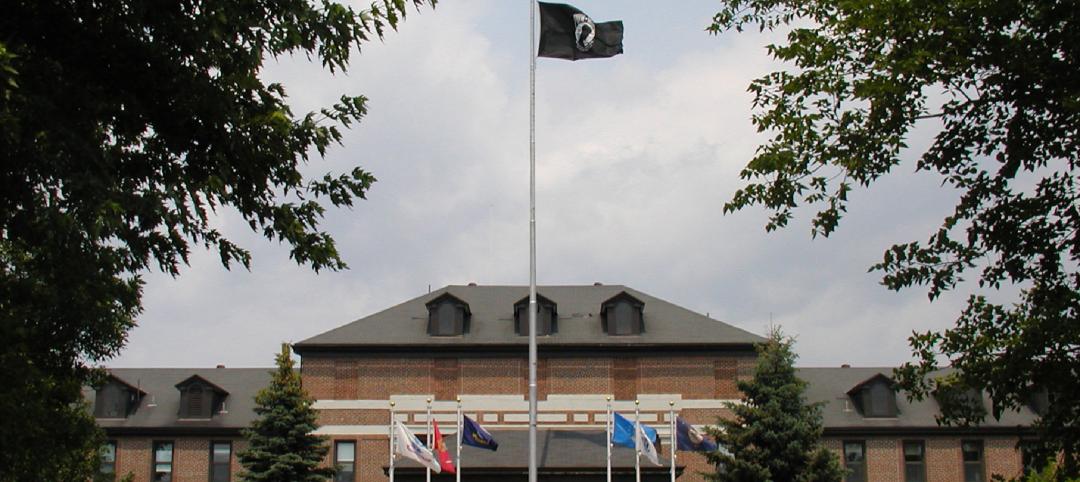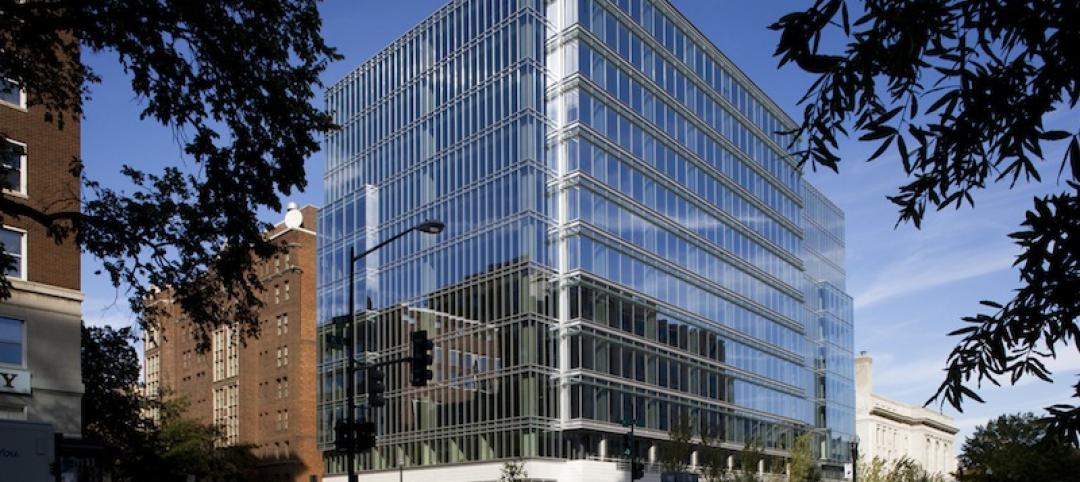Two years ago, a plan to create a smart city project along Toronto’s waterfront was unveiled with great fanfare.
Since then, the proposal, spearheaded by Sidewalk Labs, a subsidiary of Alphabet (Google’s parent company) has prompted extensive public criticism and a lawsuit by the Canadian Civil Liberties Association over data privacy and misuse concerns. The ambitious project was conceived as a showcase for the latest smart city technologies.
The project is to be centered on sustainable and safe transportation systems, and efficient and affordable housing. Technology such as “adaptive traffic lights” would prioritize cyclists and pedestrians and study the possibility of autonomous transit options. Innovative building materials and new occupancy models, like “co-housing”, would offer green, reasonably-priced housing.
With sensors tracking people and vehicles sprinkled throughout the development, privacy rights advocates are concerned that the data could be used for surveillance and discourage people to exercise free speech rights. It didn’t help that at public hearings Sidewalk Labs seemed unable to spell out where this data would be stored and how it would be used.
The company also presented a greatly expanded scope of the proposal from the original 12 acres to a 190-acre area at a public meeting, perhaps misreading the intent of the agreement with the city. These issues have caused delays to the project, but Waterfront Toronto, the city group overseeing it, recently voted to go forward with the 12-acre development.
Other smart city projects around the globe, including in South Korea and India, have been also been plagued by delays and controversies. These challenges indicate that making cities smarter will not be easy.
Related Stories
| Oct 31, 2013
Effects of green, white roofs to be compared at Walmart in Oregon
Portland State University will construct a 40,000 sf green roof research site on the top of a new Walmart store in North Portland, Ore., and compare it to a 52,000 sf section of roof with a white membrane.
| Oct 31, 2013
GSA okays Green Globes; USGBC counters forestry industry concerns
Green Globes, a LEED rival, was recently declared to be nearly equal with LEED standards by the General Services Administration.
| Oct 25, 2013
California struggles with updated seismic codes
In California, there are still hundreds of concrete buildings that need reinforcement to bring them up to the new seismic code.
| Oct 24, 2013
Supplement No. 2 to AISC 358-10 Prequalified Moment Connection Standard available for public review
Supplement No. 2 to the American Institute of Steel Construction (AISC) standard Prequalified Connections for Special and Intermediate Steel Moment Frames for Seismic Applications (AISC 358-10) is now available for public review.
| Oct 24, 2013
Changes in LEED v4 will have large impact on materials manufacturers
Changes to LEED in LEED v4 are so dramatic that they will send ripples into other industries and shift expectations on sustainability reporting and performance far beyond the building industry.
| Oct 24, 2013
D.C. office buildings going green at twice the national average
In 2011, about 33% of new office buildings in the U.S. were built to green standards, but in the nation’s capital that rate has skyrocketed.
| Oct 18, 2013
AGC considers suit over new hiring goals for vets, disabled
The Associated General Contractors of America and the HR Policy Association are reportedly considering taking legal action over the Labor Department's new hiring goals for veterans and disabled people.
| Oct 18, 2013
Cities may be more capable of driving sustainability than nations, experts say
With countries not tackling climate change aggressively, cities are in the best position to drive increased sustainability.
| Oct 8, 2013
Kansas City board OKs $1.6 billion TIF for $4.3 billion redevelopment project
Kansas City’s Tax Increment Financing Commission voted unanimously to forward the Bannister & I-435 TIF Plan to the Kansas City Council for approval.
| Oct 8, 2013
New Orleans advances $1 billion construction plan including new airport terminal
New Orleans plans to invest $1.1 billion in construction projects over the next five years.















